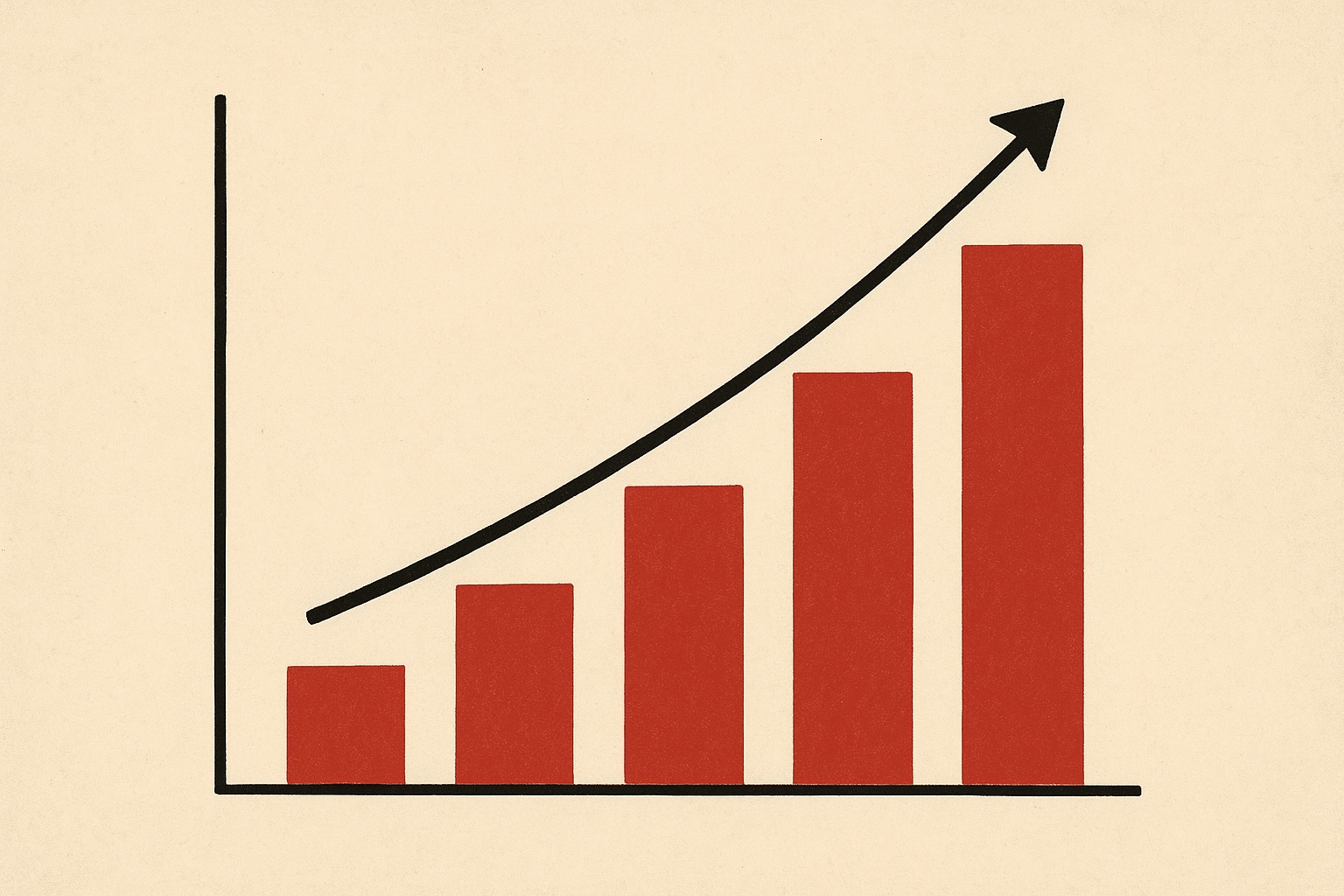Sharp Increase in Intimate Partner Violence (IPV) Reports Across Ontario
Ontario Provincial Police reported an 18.1% rise in intimate partner violence (IPV) cases in 2024, with 6,289 victims across the province. Learn why IPV is rising, its impact on communities, and available support services.

Domestic violence, also known as intimate partner violence (IPV), continues to be a growing concern across Ontario. Recent data from the Ontario Provincial Police (OPP) revealed an alarming 18.1% increase in IPV reports in 2024, with 6,289 victims identified. These numbers highlight not only the scale of the crisis but also the urgent need for systemic solutions, survivor support, and preventive strategies.
What the Numbers Show
18.1% rise in IPV incidents in 2024 compared to 2023.
6,289 victims officially reported to the OPP.
The majority of victims were women aged 25–45, though men and youth were also affected.
Rural and urban areas alike saw consistent increases, debunking the myth that IPV is more common only in larger cities.
This data illustrates a troubling provincial trend that cuts across geography, culture, and socioeconomic backgrounds.
Why Are Reports Increasing?
Experts suggest several contributing factors:
Housing Insecurity: Survivors often cannot leave abusive situations due to the lack of safe, affordable housing.
Financial Stress: Inflation and job insecurity put added pressure on households, sometimes escalating tensions.
Awareness and Reporting: Campaigns encouraging victims to speak up may have improved reporting rates, revealing more of the hidden problem.
Systemic Gaps: Delays in the justice system, limited shelter space, and insufficient resources for mental health and addiction services worsen the situation.
Community Impact
The rise in IPV affects more than just individuals:
Children exposed to violence often experience long-term trauma, including anxiety, depression, and difficulties in school.
Workplace productivity decreases when employees are victims of abuse or supporting loved ones through crises.
Healthcare costs increase due to physical injuries, counseling, and long-term care.
Policing and legal resources are strained, limiting the ability to provide timely protection.
Government and Legal Response
In 2024–2025, Ontario faced growing pressure from advocacy groups and municipalities:
Over 95 municipalities across Ontario have declared IPV an epidemic.
Bill 55: Intimate Partner Violence Epidemic Act, 2025 was introduced to recognize IPV as an epidemic and to act on recommendations from the Renfrew County Inquest (following the 2015 triple femicide).
However, the Ontario government has so far declined to declare IPV an epidemic, sparking backlash from survivors, advocates, and opposition leaders.
Support Services for Survivors
Survivors of domestic violence in Ontario have access to several resources:
Shelters & Safe Housing: ShelterSafe.ca provides a directory of local shelters across the province.
24/7 Crisis Lines: Ontario’s Assaulted Women’s Helpline – 1-866-863-0511.
Legal Assistance: Survivors may qualify for support through Legal Aid Ontario and specialized Family Court Support Workers.
Counseling & Health Services: The Ontario Network of Sexual Assault/Domestic Violence Treatment Centres offers medical and counseling services province-wide.
What Needs to Change
Addressing IPV requires a multi-layered approach:
More affordable housing so survivors can safely leave violent homes.
Stronger legal protections including faster restraining orders and better enforcement.
Expanded funding for shelters and hotlines.
Public education campaigns to prevent violence and challenge stigma.
Community-based programs for perpetrators focused on rehabilitation and accountability.
Conclusion
The sharp increase in IPV reports across Ontario is more than a set of statistics—it is a call to action. With over 6,000 victims in one year alone, the crisis demands urgent attention from policymakers, communities, and citizens. Combating intimate partner violence means not only supporting survivors but also building a culture where safety, respect, and equality are the norm.
If you or someone you know is experiencing domestic violence, please reach out to local support services. Help is available, and no one should face this alone.
✅ FAQs
1. What is intimate partner violence (IPV)?
Intimate partner violence (IPV) refers to physical, emotional, sexual, or financial abuse by a current or former partner or spouse. It can affect people of all ages, genders, and backgrounds.
2. How common is IPV in Ontario?
According to the Ontario Provincial Police (OPP), IPV reports rose 18.1% in 2024, with 6,289 victims across the province. Experts believe the real number of cases is even higher due to underreporting.
3. Why are IPV cases increasing in Ontario?
Experts cite housing insecurity, financial stress, systemic gaps in services, and improved awareness/reporting as the main factors behind the rise in IPV cases.
4. What resources are available for IPV survivors in Ontario?
Survivors can access emergency shelters, 24/7 crisis lines, counseling, and legal aid. Key resources include:
ShelterSafe.ca – shelter directory
Assaulted Women’s Helpline: 1-866-863-0511
Ontario Network of Sexual Assault/Domestic Violence Treatment Centres
5. What steps can Ontario take to reduce IPV?
Advocates call for increased shelter funding, affordable housing, stronger legal protections, education campaigns, and rehabilitation programs for offenders to create long-term safety for survivors.
